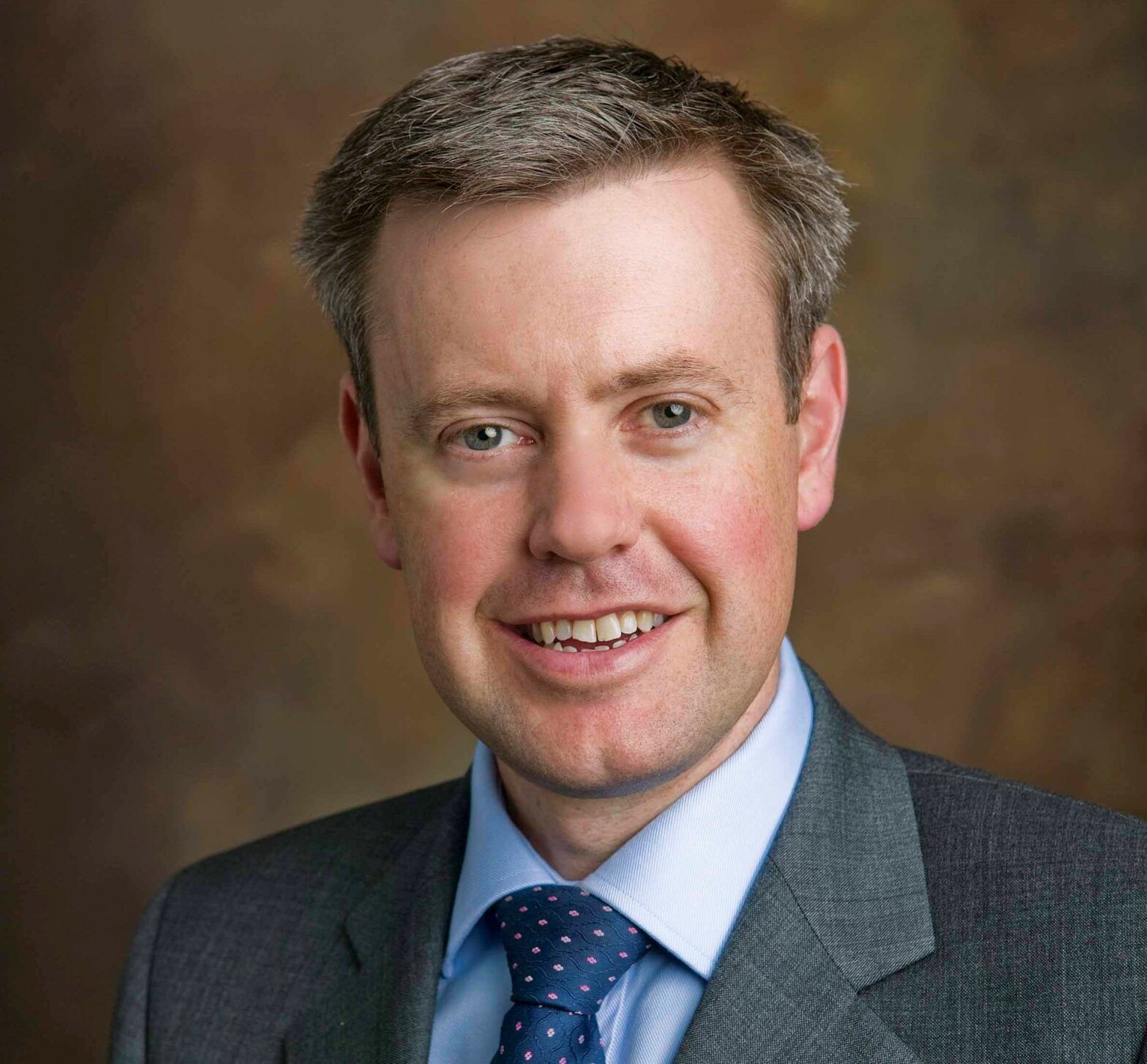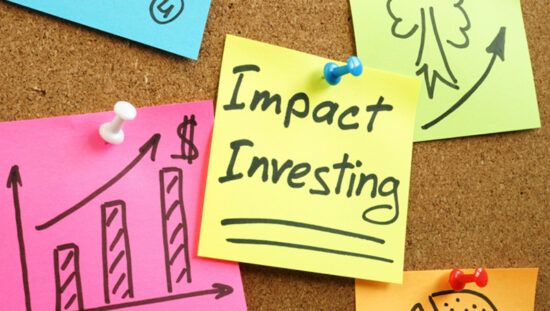T. Rowe Price’s European High Yield Bond Fund manager Mike Della Vedova has said there are increasing ESG opportunities in sub-investment grade credit from a governance perspective as the typically younger companies have shorter track records and less reporting history.
The manager of the €204.8m fund told ESG Clarity that as regulators in Europe are taking significant steps to a greener and more responsibly invested future, high yield credit is still quite far behind.
But, however, this means there is room for significant improvement in ESG criteria in the asset class and therefore opportunities.
“When it comes to ESG considerations, high yield credit starts from a lower base than other major asset classes. That is because high yield companies are typically younger with shorter track records and less reporting history than investment-grade companies.
“This usually leaves more space for improvement and active engagement. It is also important to remember that a higher proportion of high yield companies are owned by private-equity firms. These typically have fewer reporting and disclosure requirements than their publicly listed counterparts,” he said.
The European High Yield Bond Fund is not labelled as a responsibly invested vehicle, but T. Rowe Price has embedded ESG analysis into the investment process of all its strategies, with the investment teams actively engaging with companies on ESG issues. The investment teams also utilise T. Rowe Price’s proprietary Responsible Investing Indicator Model (RIIM) to further integrate ESG considerations into fundamental research and investment decisions.
Della Vedova added is “vital” to understand when ESG issues could have a material impact on the team’s investment case for a holding particularly in high yield credit.
“Sub-investment-grade companies tend to be younger with less of a track record. They often have higher debt ratios and more complex capital structures than investment-grade companies. That’s why in-depth, integrated research is so important because it is vital to understand when ESG issues could have a material impact on our investment case.
“Our analysts consider a range of ESG factors, including supply chain sourcing, health and safety records, and accounting standards. Additionally, they collaborate closely with our dedicated ESG specialists, to ensure all material factors are considered as part of our decision-making.”
He also noted the “growing importance” of ESG in Europe. The European Commission recently unveiled its Green Deal for Europe setting out a range of environmental initiatives and targets aimed at making Europe the first carbon-neutral economy by 2050. Additionally, Christine Lagarde, the new head of the European Central Bank (ECB), stating that tackling climate change is a “mission critical” priority for the bank, and will form part of the strategic review into its monetary policy toolkit.
“All these developments underline how important ESG has become in the region, and they are having a trickle-down effect on companies.
“We are seeing a greater awareness of ESG among high yield companies. The trend is certainly on an improving trajectory, even if the pace might be a little slower than other sectors, such as investment grade.”
An example of a company in the portfolio improving its governance standards, the manager said, would be a North America-based pharmaceutical company. Under a former CEO the company pursued an aggressive growth strategy, favouring buying established drug firms over investing in its own research and development.
“In 2015, however, serious concerns were raised about the company’s social and governance standards, including its practice of buying established drugs and significantly raising the prices. Close ties with a specialty online pharmacy company, where executives were convicted of large-scale fraud, also damaged the company’s reputation with investors, causing its share price to fall sharply. To address and move on from these controversies, the company made sweeping changes, including bringing in a new CEO and CFO.
“A number of businesses were sold as the company prioritized reducing its large debt burden, pricing practices were changed, and the company began to focus on its own research and development once more. These changes, and our meetings with the new management team, gave us confidence that governance standards are clearly on an improving trend.”
This, Della Vedova added, showed a marked improvement in the overall transparency of the firm and added to their conviction in the company.
The T. Rowe Price European High Yield Bond Fund has returned 7.1% over the past five years to 13 May, compared to the Investment Association’s Global Bond sector average return of 4.2%, according to FE.








